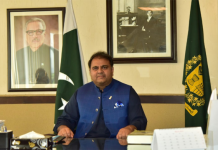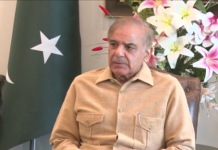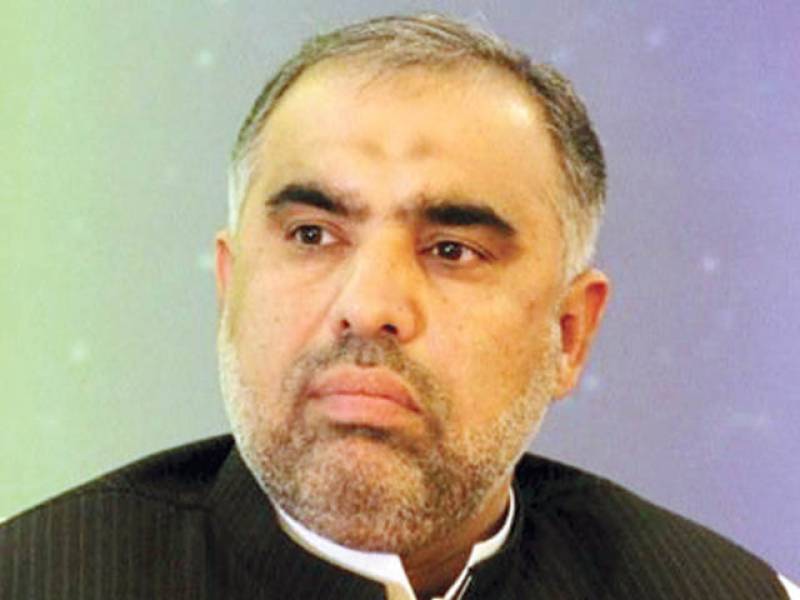ISLAMABAD/GENEVA: The world was facing an acute misuse of talent by not acting faster to tackle gender inequality, which could put economic growth at risk and deprive economies of the opportunity to develop, according to the World Economic Forum’s (WEF) Global Gender Gap Report, 2016, which was published on Tuesday.
The report is an annual benchmarking exercise that measures progress towards parity between men and women in four areas, which include educational attainment, health and survival, economic opportunity and political empowerment.
The report found that progress towards parity in the key economic pillar has slowed dramatically with the gap, which stood at 59 percent, larger than at any point since 2008.
According to the report, Iceland took the top spot for the eighth consecutive year, closing more than 87 percent of its overall gender gap, followed by Finland at second and Norway at the third place.
The report said the Nordic nations continue to rank among highest performing countries, but several developing and emerging markets have also made it into the top 20; whereas the US falls to 45th in ranking adding that Pakistan at 143rd ranking remains the region’s lowest-ranked country and second-to-last ranked overall.
It records progress on closing the secondary education enrollment gender gap, and on women’s estimated earned income, but this is partly offset by reversals on wage equality and female-to-male literacy ratios. Mishal Pakistan Chief Executive Officer (CEO) Amir Jahangir said, “Pakistan remains one of the few countries in the world, which does not have female federal minister, whereas, there are only two state ministers at the centre”.
“The provinces of Punjab, Sindh and Khyber Pakhtunkhwa (KP), each also have only one female minister in their cabinet. Balochistan remains with no female minister in its cabinet”, he said. Jahangir said, “Pakistan needs to concentrate more in creating enabling environment to bring its women leaders into decision making roles, both in the public as well as private sectors”.
Pakistan’s scores on the four pillars of the global gender gap index have not improved much from last year, both on the economic participation and opportunity Pakistan scores at 143rd rank and education attainment at 135th, as the country has not changed from last year, the report said.
Pakistan has improved from 125 last year to 124 this year. However, the country has been ranked at 90 as compared to 87 in 2015 on the political empowerment, it added.
“These forecasts are not foregone conclusions. Instead, they reflect the current state of progress and serve as a call to action to policy makers and other stakeholders to double down on efforts to accelerate gender equality,̶1; said Saadia Zahidi, Head of Education, Gender and Work, and Executive Committee Member at the World Economic Forum.
According to the report, in South Asia, with 67 percent of its overall gap closed, is home to two of the top 10 climbers of the world since 2006, which include Nepal at 110 and India at 87. Nevertheless, progress in closing the economic gap has been negligible and it could take over 1,000 years to close the economic gender gap completely unless efforts are accelerated.
The South Asia region, with an average remaining gender gap of 33 percent, is the second lowest scoring on this year’s global gender gap index, ahead of the Middle East and North Africa and behind the Sub-Saharan Africa region, it said.
Bangladesh and India are the top-ranked countries in the region, having closed just under 70 percent and 68 percent of their overall gender gap, respectively, while the lowest-ranked countries are Bhutan and Pakistan, having closed 64 percent and 56 percent of their overall gender gap, respectively, it added. “No country in the region has fully closed its educational attainment gender gap and only Sri Lanka has fully closed its health and survival gender gap. However, the region is also home to one of the top five climbers over the past decade on the overall index and on educational attainment, which is Nepal”, the report said.
On the global front the global prospects for workplace, gender equality has slip to the year 2018 now. There are several factors behind this decline; one is salary, with women around the world on average earning just over half of what men earn despite, on average, working longer hours taking paid and unpaid work into account.







.jpg)




